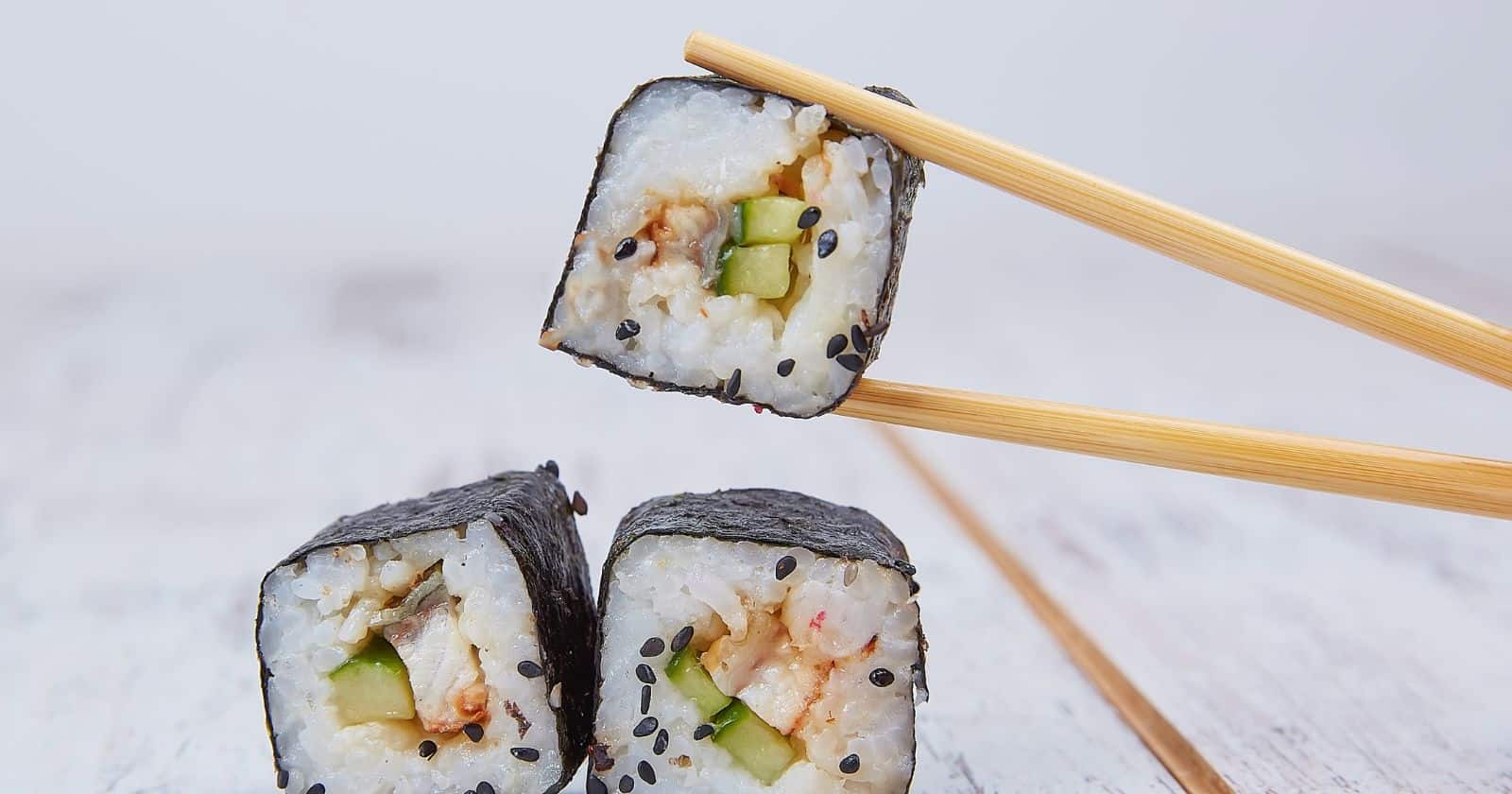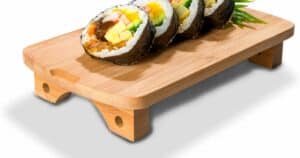Is sushi an elite taste that takes time to appreciate? Or is sushi love at first bite? This tasty debate depends on personal preference. For some, the raw fish and seaweed may initially seem entirely unappetizing. Others are instantly hooked on the savory umami flavors.
The truth is that sushi can be an acquired taste, but it varies by individual. According to experts, acquired tastes are foods that require substantial exposure before enjoyment. This contrasts with innate tastes that humans are naturally disposed to like.
So while sushi may be unfamiliar or intense for beginners, experiencing various types can develop appreciation. Trying different sushi rolls, flavors, and textures allows you to find preferences. With enough quality exposure, sushi can go from off-putting to obsessed over.
In this article, we’ll explore why some people have to acquire a sushi taste, while others enjoy it innately. You’ll also discover tips to develop your sushi palate if those California rolls didn’t immediately wow you. Let’s roll into the complex world of sushi tasting!
Defining Acquired Tastes
First, what exactly is an acquired taste? Acquired tastes refer to foods and drinks that people are unlikely to enjoy until they’ve had substantial exposure. This contrasts with innate tastes that humans are naturally predisposed to like from birth.
Here’s why certain foods require acquisition:
- Unfamiliar flavors – If our tastebuds haven’t experienced a flavor, it can be off-putting.
- Extreme tastes – Very strong or intense flavors may need time to appreciate.
- Texture issues – Foods with unusual textures can be hard to get used to.
Sushi checks several of these boxes. The unique taste and texture makes it a common acquired food. But what determines who has to acquire the sushi taste versus loving it instantly?
Why Sushi Is an Acquired Taste for Some
For many sushi newbies, the first sampling is not love at first bite. Here are the key factors that lead some people to find sushi repulsive at first:
- Raw seafood fear – The idea of eating raw fish and seaweed is hard to stomach for the uninitiated.
- Unfamiliar flavors – The savory umami taste and tangy rice vinegar are unfamiliar.
- Textural issues – The soft fish and chewy seaweed textures feel abnormal.
- Visual unappeal – Sushi can look unappetizing to some if they’re used to cooked or fried foods.
- Food neophobia – Fear of trying new foods makes some people automatically dislike new items.
For more timid, picky, or texture-sensitive eaters, sushi can require heavy exposure before enjoyment. But what about sushi lovers at first bite?
Why Sushi Is an Innate Taste for Others
For adventurous eaters, sushi is love at first bite. Here’s why some people take instantly to sushi:
- Cultural familiarity – Those raised eating raw fish and seafood tend to like sushi faster.
- ** Foodie mentality** – Openness to trying unique new foods helps sushi appeal innately.
- Umami enjoyment – Some have biological predispositions to crave savory umami flavors.
- Texture indifference – Texture isn’t an importance factor for some people’s food preferences.
- Fish preference – An existing enjoyment of all types of fish and seafood boosts sushi appeal.
So while personal taste plays a role, exposure is the key factor determining sushi acquisition…
Developing a Taste for Sushi Takes Exposure
Whether you revile or relish sushi initially, exposing your tastebuds to high-quality sushi can transform it from acquired to adored. Here are tips to develop sushi devotion:
- Try small bits of different sushi types to discover preferences.
- Begin with mild sushi like California rolls before raw sashimi.
- Savor the flavors and textures rather than gulping bites down.
- Start with cooked rolls then work up to raw seafood.
- Drench pieces in soy, wasabi, and ginger to adjust flavors.
- Order a sampler platter with diverse rolls to try.
- Ask sushi connoisseurs for beginner recommendations.
- Repeat exposure to grow accustomed to unique textures.
- Don’t give up! It may take multiple tries over time.
With a series of positive sushi experiences, your brain will begin to associate sushi with reward. This can turn sushi into a craving rather than a revulsion.
Everyone Can Learn to Love Sushi
At the end of the day, whether you instantly enjoy sushi or have to work at it, repeatedly exposing your tastebuds to high-quality sushi can reshape your palate and preferences. With an open mind and persistence through initial aversion, even sushi skeptics can become wasabi addicts. So embrace the journey of acquiring the distinct but delicious taste of sushi!





